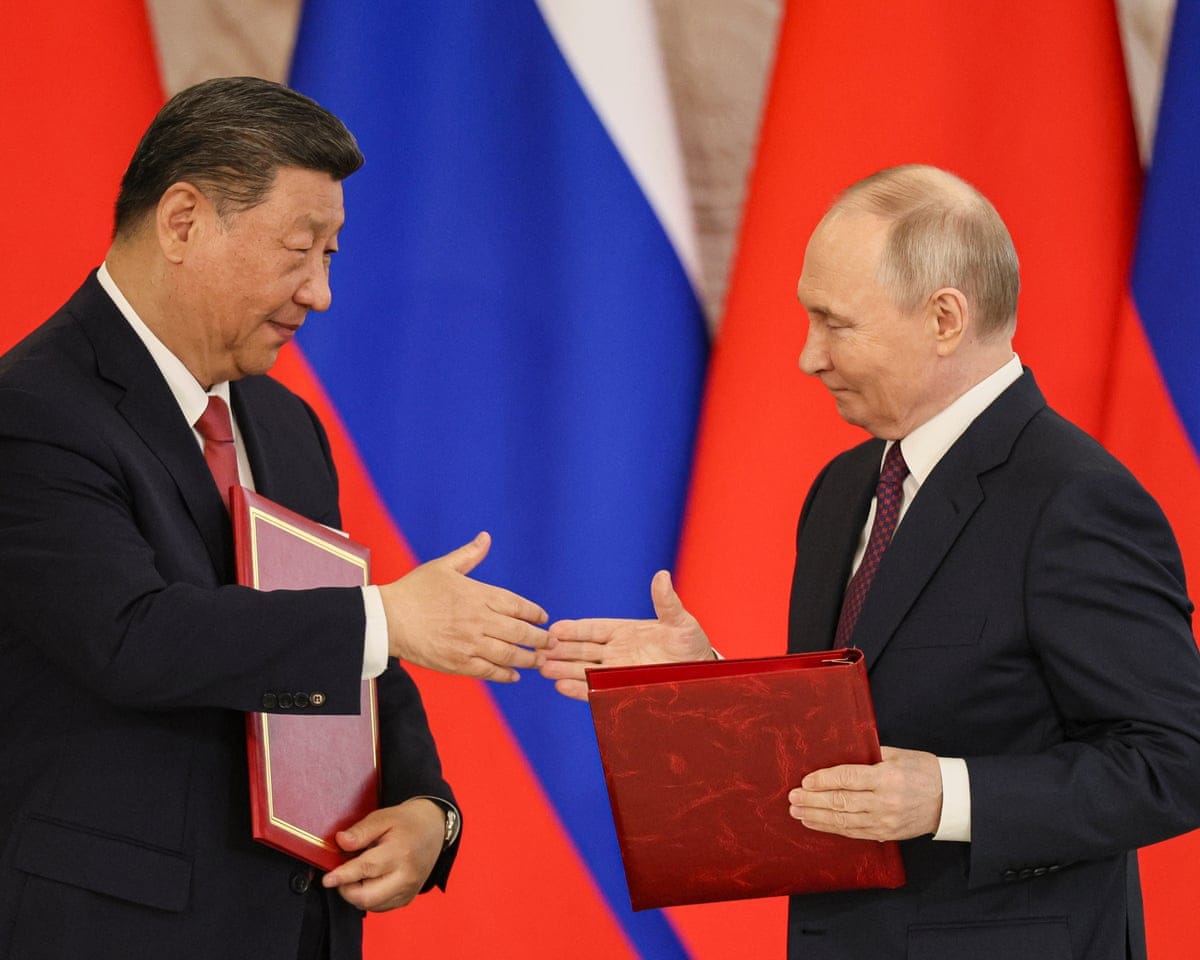Russia and China will not send their top leaders to the upcoming Brics summit in Brazil this Sunday, suggesting the group’s recent enlargement may have weakened its ideological significance for the two founding members.
Chinese leader Xi Jinping, who has attended Brics meetings for the past 12 years, will be absent, with Premier Li Qiang attending instead. No specific reason was given beyond scheduling conflicts.
Russian President Vladimir Putin, who faces an ICC arrest warrant, may be avoiding travel to prevent discomfort for the Brazilian hosts, who are ICC members. Mongolia previously faced criticism for not acting on the warrant during Putin’s visit last year.
Putin also skipped the 2023 Brics summit in South Africa after host officials could not guarantee protection from arrest. The ICC accuses him of involvement in the forced removal of Ukrainian children.
Often seen as an alternative to the G7, Brics has expanded quickly but now struggles with cohesion as an ideological counter to Western capitalism. Originally consisting of Brazil, Russia, India, China, and South Africa, it recently added Indonesia, Iran, Egypt, Ethiopia, Saudi Arabia, and the UAE—nations with differing economic levels and relations with the West. The inclusion of more autocratic states has unsettled Brazil, South Africa, and India.
Brazil has framed Brics as part of a shifting global order. Former foreign minister and current London ambassador Antonio Patriota recently noted at the Overseas Development Institute that policies like “America first” are hastening a move toward a multipolar world, reducing U.S. dominance.
“The U.S., through tariffs and sovereignty policies, is speeding up multipolarity in various ways,” he said. He predicted new alliances would challenge the current power balance.
“It’s hard to claim Europe fully aligns with the U.S. on trade, security, or democracy support now. Where there was once a single Western pole, there may now be two.”
As an influential voice in the Global South, Brazil could gain from the reduced high-profile attendance at the summit. Its focus is on inclusive governance reform, not just criticism of Western policies in Ukraine and the Middle East.
Read next

Ryanair plane had only six minutes of fuel upon Manchester landing, records show
Flight Narrowly Avoids Disaster After Storm Diversion
An inquiry has been launched after a Ryanair flight, struggling against severe winds during storm Amy last week, landed at Manchester Airport with only six minutes’ worth of fuel remaining.
The aircraft had been transporting passengers from Pisa, Italy, to Prestwick, Scotland, on

"Qantas customer data for 5 million exposed as hackers release info post-ransom deadline"
Hackers Leak Personal Data of 5 Million Qantas Customers on Dark Web
A cybercriminal group has released personal records of 5 million Qantas customers on the dark web after the airline did not meet their ransom demand.
The breach is part of a larger global incident affecting over 40 companies,

Investors flee record-high UK stocks as EU set to hike steel tariffs
Investors Withdraw Record Sums from Equity Funds Amid High Market Valuations
Data reveals that investors in the UK have withdrawn an unprecedented amount of money from equity funds over the past three months, driven by concerns over soaring stock market valuations.
According to the latest figures from Calastone, the largest

